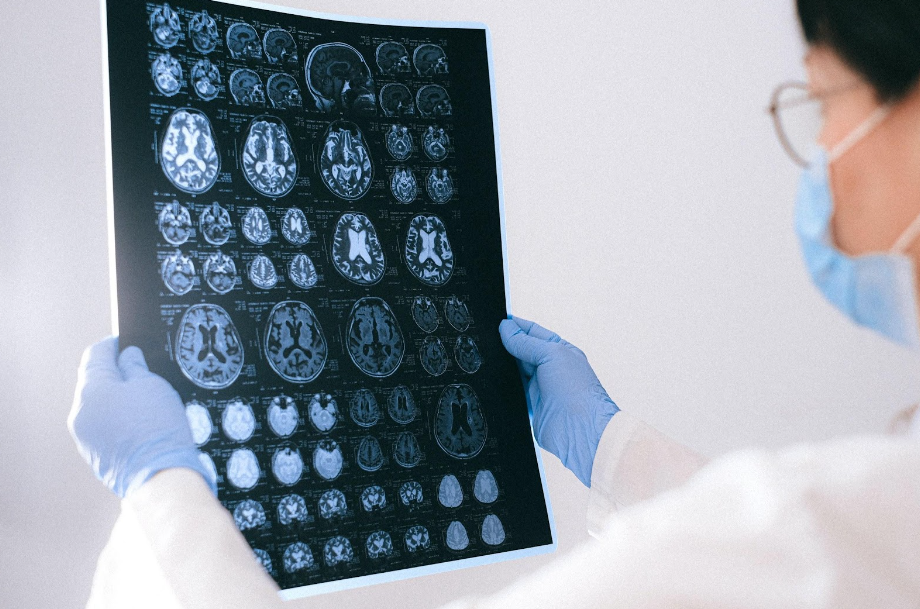Considering Spine Surgery: When Is the Right Time?
It’s a common question on the minds of many back pain sufferers: is it time to consider surgery? Ultimately, that can only be answered by consulting a physician. When other non-surgical treatment options fail, it could be time to have this conversation with your doctor. If you’re considering spine surgery, IGEA Brain, Spine & Orthopedics offers a few factors to ponder about when it might be the right time.
HOW PERSISTENT IS THE PAIN?
The first thing to consider is how recently the pain appeared and how persistent it has been since then. If you experience sudden back pain after heavy lifting, for instance, take some time to rest and heal. Chances are that you won’t need surgery. Sprained muscles typically recover quickly, helped along by some over-the-counter painkillers or a round of steroids prescribed by your doctor.
However, if a few weeks go by and there isn’t any improvement in your symptoms, then you might have something more severe than a muscle strain. At this point, call your doctor to find out if there might be something else at work.
ARE THERE OTHER SYMPTOMS?
Second, evaluate your symptoms. While back pain may be the most obvious sign of something wrong, most serious spinal conditions come with other symptoms. If you’re struggling with a condition worthy of surgery, here are some possible signs:
- Pain that radiates down your legs
- A mild to severe fever
- Weakness or loss of function
- Tingling in your arms or legs
- Unexplained weight loss
These are all signs that a back problem – like an injury or degenerative condition – is affecting your spinal cord. If your back pain isn’t your only symptom, then talk to your doctor about whether surgery will help.
HAVE OTHER TREATMENTS FAILED?
If your pain is persistent after some time and you are experiencing other symptoms, then surgery might be necessary if all other treatment options have failed. Unsuccessful non-surgical modalities might include:
- Spinal manipulation
- Physical therapy
- Nutritional and lifestyle changes
- Spinal decompression
- Medications and injections
Your condition may improve after one or more of these treatments. If it stays the same or gets worse, however, then it might be time to discuss surgery.
HAVE YOU CONSULTED AN EXPERT?
Finally, the last factor to consider is whether you’ve consulted an expert. Before any kind of medical treatment, you should always talk with your physician and rely on their training and expertise. Surgery is not a decision to be taken lightly, but doctors are extensively trained in diagnosing conditions and prescribing effective treatments.
At IGEA Brain, Spine & Orthopedics, you can trust our expert neurologists to diagnose and treat your condition with the most cutting-edge technology and treatments available. Contact us to find out more about considering spine surgery, or set up an appointment today at one of our locations in New Jersey and New York.
The post Considering Spine Surgery: When Is the Right Time? appeared first on IGEA Brain, Spine & Orthopedics.







